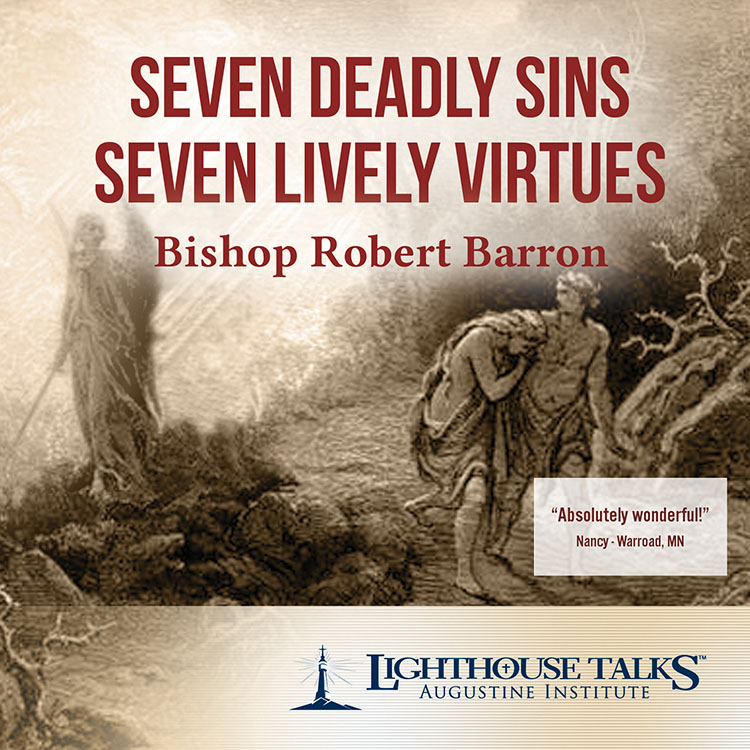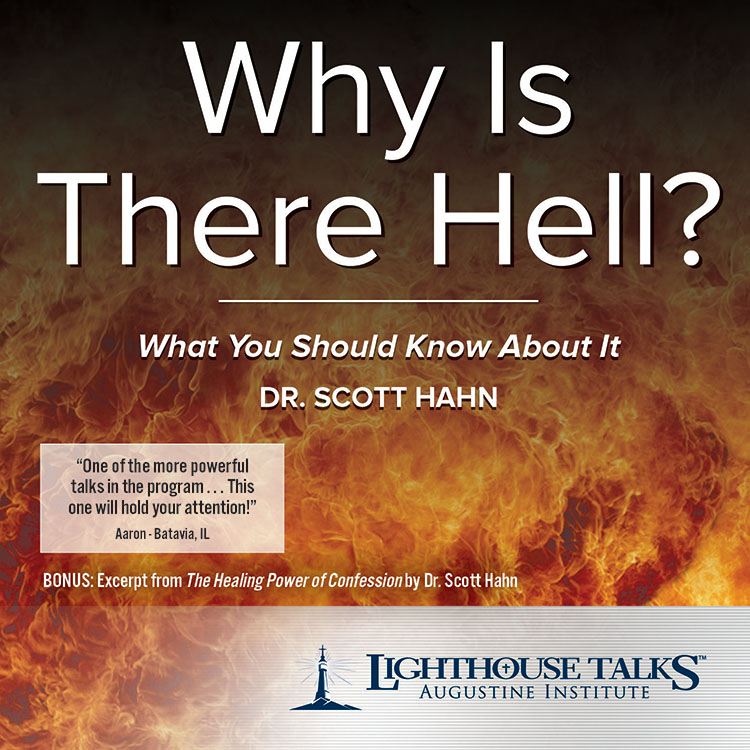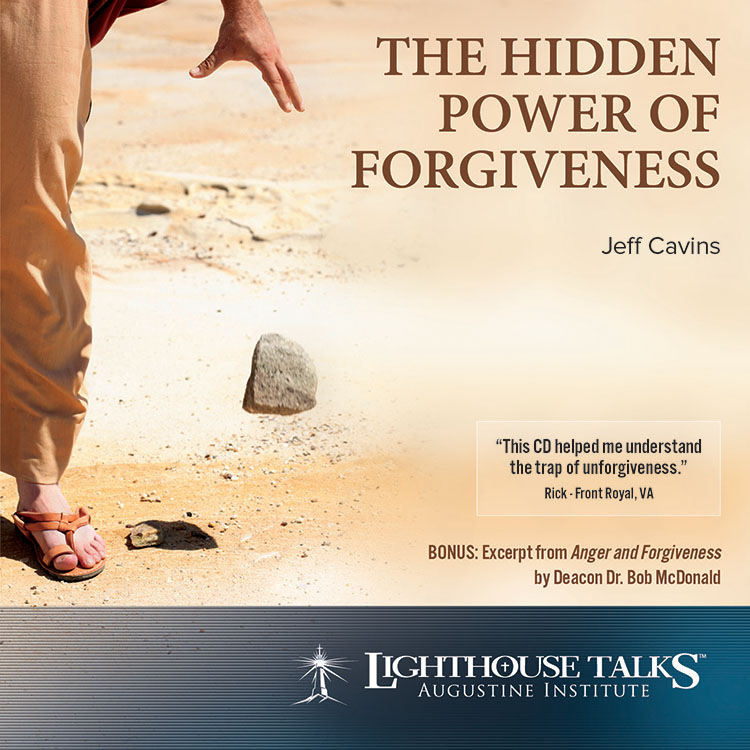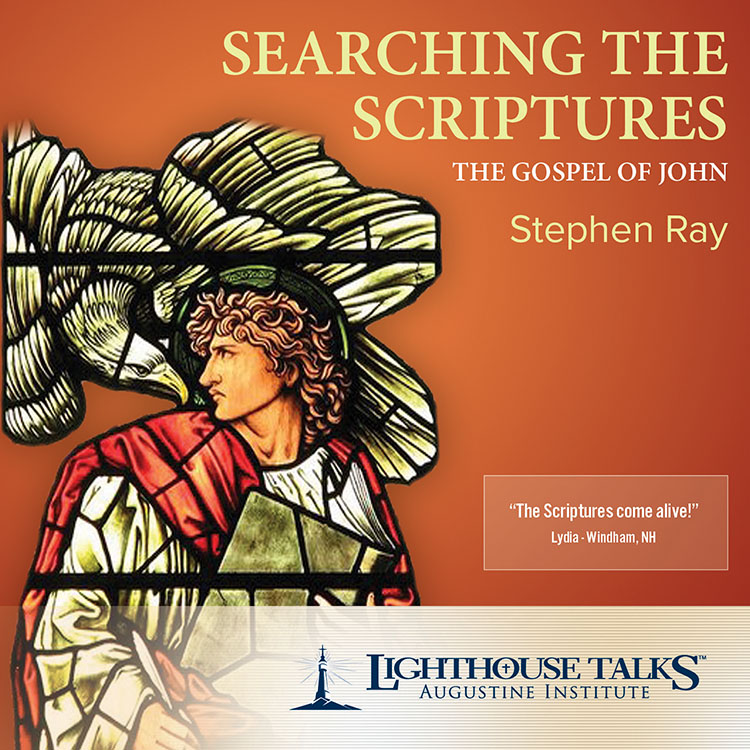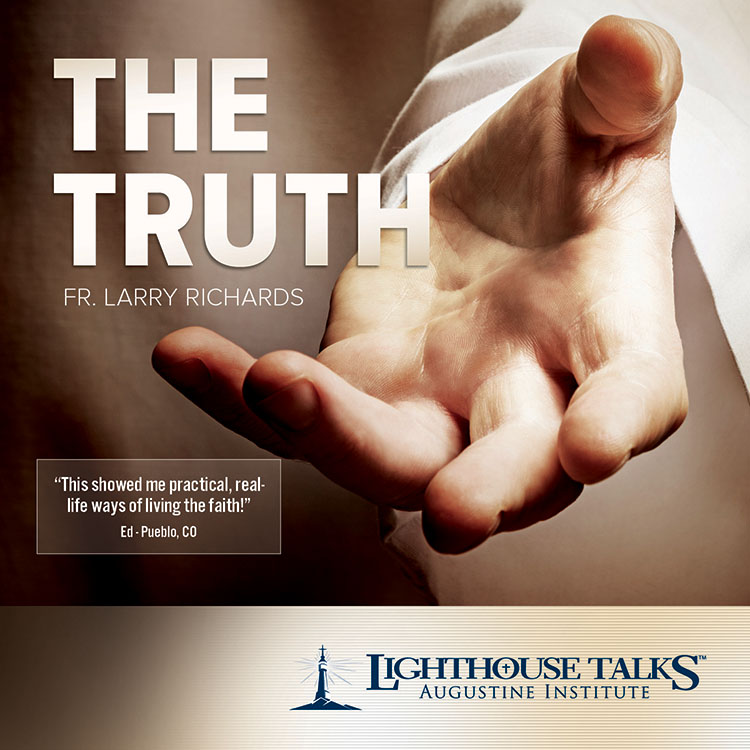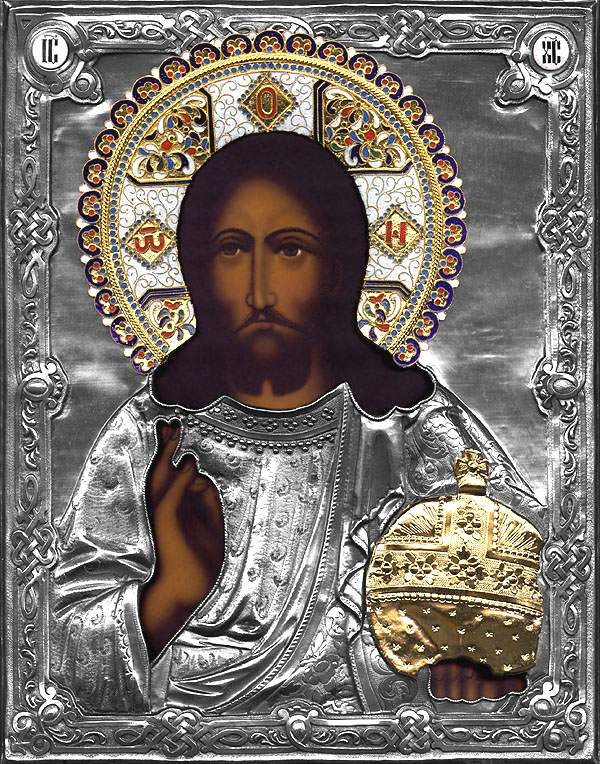
CHRIST - PANTOKRATOR
Fr. Anthony Zimmerman, S.T.D.
--------------------------------------------------------------------------------
The Gospel announces in its inimitable style of controlled wonder that Christ raised people from the dead when the occasion called for it. Paul suggests that Christ did even more than raise up people who had died. He implies that it was Christ who decided upon our creation, upon our coming to life in the first place. Ashen corpses sprang to life, glazed eyes opened and blinked, when Christ called out: "Talitha kumi;" or, "Young man, I say to you, arise;" or "Lazarus, come forth." Paul excites our wonder equally by his fleeting revelation that God brought life to our bodies in the first place through Christ Jesus, 'ere time began. We know indeed that the human nature of Christ did not exist outside of its causes before the happy event of the Incarnation; before that historic moment celebrated by the entrance song of the Second Sunday after Christmas: "When peaceful silence lay over all, and night had run half of her swift course, your all-powerful word, O Lord, leaped down from heaven." Yet we also know that the Church recognizes that Christ worked even before His birth into the confines of time. The prime example of this is Mary's Immaculate Conception: before Christ was conceived, He already sanctified His Mother. "By a singular grace and privilege of Almighty God, in virtue of the merits of Christ Jesus, the Savior of the human race" (DS 1641) she was conceived Immaculate. Indeed, all peoples since Adam who received grace, received it through Christ (see e.g. Heb 11:39-40; Reading, Liturgical Hours, Holy Saturday). And Paul tells us that the spiritual Rock from which the Israelites drank during their desert wanderings was none other than Christ (1 Cor 10:4).
Peter informs us that Christ was active in the Old Testament prophets through the Spirit which He gave to them: "They investigated the times and the circumstances which the Spirit of Christ within them was pointing to, for he predicted the sufferings destined for Christ and the glories that would follow" (1 Pet 1:11). In other words, the Spirit, whose salvific works were to be merited by Christ to do the works of salvation in the Old Testament times, did not wait to do these works until Christ was born in time. The gifts of the Spirit, still to be merited by Christ, were already inspiring the prophets who foresaw Christ's life.
AT BIRTH CHRIST KNEW HIS PAST RECORD
Christ's comprehensive knowledge of the universe from the time of the Incarnation made Him humanly aware of the work which His soon-to-be-acquired merits had already done in the past; we likewise conclude that He offered Himself freely to accept God's will in this respect retroactively (cf. Heb 10:5-7; 5:7). St. Thomas observes that Christ, in His created human nature, comprehended the entire cosmos by way of the beatific vision, and by the light of created infused knowledge (see Summa Theologica III, 9:3; 10:2-3; 11:2,5; see discussion in THE PRIEST, Sept. 1993). His knowledge thus comprehended all things created from the beginning of time; this necessarily included, therefore, all the salvific activities which He had been performing, through the power of the Spirit, long before He saw the light of day in Bethlehem. He recognized and approved now, after His birth, all the works which He already performed since the beginning of time. He Himself was the raison d'etre of this universe into which He now entered with a human body and soul.
CHRIST: THE ALPHA AND OMEGA OF CREATION
Paul instructs us that God made our existence take its origin in Christ Jesus as our Alpha; that God created all things in and through the First Born, the Incarnate Christ; through that same Christ who is now fully in charge of this universe; who, when He will finalize His work of submitting the cosmos to Himself, will deliver it back to God: "When everything is subjected to him, then the Son himself will [also] be subjected to the One who subjected everything to him, so that God may be all in all" (1 Cor 14:28).
By means of His beatific vision and His infused knowledge Christ was perfectly aware that this universe had always been His own, that He is now its steward and has always been so; He could interface His beatific vision and infused knowledge with His experiential human awareness. The music of eternity now flowed to the beat of rhythmic time; His direct view of God was background to events experienced by His senses as He marched over the hills of Galilee.
At last on earth itself, Christ now embraced with His free will the events in which God had already engaged Him before time began. He did this in the light of the beatific vision which ever bathed His created mind, a vision in which all creation was displayed; He could call to the console of His experiential awareness His infused knowledge of the cosmos, and focus strands of this light on this or that event to enhance cerebral awareness. He experienced daily events with human perceptions, whose meaning He evaluated in the brighter lights of vision and infused knowledge.
The teachings of Thomas about Christ's knowledge fit smoothly into the insight of Paul who wrote to Timothy that Christ "saved us and called us to a holy life ... according to his own design and the grace bestowed on us in Christ Jesus before time began" (2 Tim 1:9). A closer look at the passage allows us to see a line of progression from the design initiated by God, to the elaboration of that design performed in Christ Jesus. "... secundum propositum suum, et gratiam, quae data est nobis in Christo Iesu ante tempora saecularia." The Propositum (in Greek "prothesin") is attributed to God, and the gratia (Greek "charin") is described as mediated to us in Christ Jesus. God proposes, but works out the proposal in the context of the consenting Christ. The manifestation in time, of events prefabricated in eternity, aroused wonder in Paul:
Praised be the God and Father of our Lord Jesus Christ, who has bestowed on us in Christ every spiritual blessing in the heavens! God chose us in him before the world began, to be holy and blameless in his sight, to be full of love...
God has given us the wisdom to understand fully the mystery, the plan he was pleased to decree in Christ, to be carried out in the fullness of time: namely to bring all things in the heavens and on earth into one under Christ's headship (Eph 1: 3-4;9-10).
The creation decision, then, is of God, and its actualization is done with the by-standing cooperation of the God-man. God, then, decided upon our individual creation not in the context of a mindless universe, but "in Christ Jesus before time began." Christ is the Alpha as well as the Omega of creation. Nothing happened in this universe except through Christ's engagement.
This passage of Paul is not a misprint of Sacred Scripture, but is a key to a more profound understanding of Christ Jesus as Pantokrator, the One to whom we owe not only our salvation, but our lives. Paul wrote to the Ephesians in the same euphoric outpouring: "For we are his handiwork, created in Christ Jesus for the good works that God has prepared in advance, that we should live in them" (Eph 2:10). The Christ Jesus in whom we were created is assuredly here the Incarnate Christ, the God-man. It is the same Christ who was born in Bethlehem, who died on the cross. Somehow God fashioned us within the framework of Christ, of His knowledge and free choice. We are creatures who have been planned beforehand in Christ, a plan which was made even before Christ was born at Bethlehem.
Paul dwells on this mystery in the Letter to the Colossians: "For in him [in the God-man] were created all things in heaven and on earth, the visible and the invisible" (Col 1:16). That Paul here refers to the God-man may not be entirely clear, yet in the context that seems to follow. A few lines on down Paul describes the very same subject functioning as the "Head of the body, the church. He is the beginning, the firstborn from the dead" (Col 1:18).
CREATOR BY DIVINE POWER: DESIGNER IN FORESEEN HUMAN NATURE
The author of Hebrews ascribes to the God-man the creative wisdom and power of the Son of God, without distinguishing technically between Christ's powers as Creator and Redeemer: He is equally the reflection of the Father's glory, and the Redeemer who cleansed us of our sins:
In times past, God spoke in partial and various ways to our ancestors through the prophets; in these last days, he spoke to us through a son, whom he made heir of all things and through whom he created the universe, who is the refulgence of his glory, the imprint of his being, who sustains all things by his mighty word. When he had accomplished purification from sins, he took his seat at the right hand of the Majesty on high, as far superior to the angels as the name he has inherited is more excellent than theirs. (Heb 1:1-4).
We see in the passage that the Christ who redeemed us is also the One through whom God created all things. He, who now reigns at the right hand of the Majesty on high, is the same Christ through whom God created the cosmos. He is as superior to Moses, as the "founder of the house has more honor than the house itself" (Heb 3:3). Hebrews does not spell out in technical or theological terms what may be the meaning of the phrase "through whom he created the universe."
We know, however, than only God can create, because drawing existence out of nothing requires divine power; God cannot delegate the task of creation to any creature. Neither would the Son of God create things through His human powers, that being impossible. We assume therefore that the meaning of "creating the universe in Christ," means first of all that the Son created all things with the Father and the Spirit; and secondly that when Father, Son, and Spirit created, they first set forth the Key to the rest of creation, namely Christ in His human nature; and then shaped the cosmos in accord with the model or blue print of its First Born, namely Christ. Christ in His human nature is creation's Alpha; all other things come from God through Him. The sky would be the roof which the God-man Christ should like to see; the earth should produce the flowers and seeds which Joseph would name for Him; the Mother who should bear Him and love Him should be the Woman, the co-Redemptrix, who would trample the head of the serpent with Him. God, in carrying out creation, measured all things to accord with the needs and plans and wisdom and will of Christ, the God-man. This God-man was already at God's side in eternity, even though His manifestation in time was not yet perceived by creatures who are time-bound.
We might, therefore, distinguish the WORK of creation which is done by God only, by Father, Son, and Spirit, one divine power; and the SHAPING of this creation, a task in which Christ participates with His human wisdom and free choice. And so we may dare to paraphrase John 1:3 to describe this joint action: "All things came to be through him [through God]; and without him [Christ] nothing came to be measured and put into shape."
A passage of Proverbs presents a magnificent description of personified Wisdom present to God during the work of creation. We see here a vision of Christ standing at God's side to give shape to the cosmos while God commands it into being:
When he established the heavens I was there when he marked out the vault over the face of the deep; When he made firm the skies above, when he fixed fast the foundations of the earth; When he set for the sea its limit, so that the waters should not transgress his command; Then was I beside him as his craftsman, and I was his delight day by day, Playing before him all the while, playing on the surface of the earth; and I found delight in the sons of men (Prov. 8: 27-31).
Christ, knowing that He was God's craftsman, the One who always stood by to give proper shape to the cosmos, knew well all the secrets of creation and the deepest yearnings of the human soul. His advice will always be best, because this Master Architect knows the purpose of all things made. In the Gospel Christ could only weep when Jerusalem did not take advantage of His coming, (cf. Lk 20:41 ff.). It is the artist weeping when insensitive people ignore the beauty and limpid rationality of His cosmos. The Church, on the contrary, does its best to make up for the world's insensitivity, by recognizing Christ's unique cosmic centrality when blessing the Easter Candle on Holy Saturday:
Christ yesterday and today the beginning and the end Alpha and Omega all time belongs to him and all the ages to him be glory and power through every age and ever. Amen.
ADAM'S GRACE: GRATIA DEI OR GRATIA CHRISTI?
That God constituted our Adam and Eve in the state of holiness and justice before their Fall is a dogma of faith, firmly fixed into the platform of belief on which we stand. That Christ came to redeem us after the Fall is also central to our faith. But whether it was Christ the God-man who gave Adam and Eve their initial gifts of holiness and justice before the Fall, is a celebrated controversy among theologians, both giants and amateurs.
One side of the controversy claims that God decreed the Incarnation of Christ only subsequent to the pre-view of the Fall of Adam and Eve; the logic of this view implies that Adam and Eve owed nothing to Christ for their original gifts of holiness and justice, and that their relations with Christ began only after their sin, when Christ was decreed to redeem them.
The other party affirms that Christ is first, last, and forever the King and Lord of the universe; that Christ gave the original gift of holiness and justice to our first parents; and that He took it upon Himself to redeem them after they had lost His initial endowment. This party makes Christ to be the first step in the divine decree of any creation whatsoever. As Blessed Duns Scotus (d. 1308) expressed it subtly in this lapidary sentence, God decided to receive glory from outside of Himself, to be given to Him by none other than the God-man. And for this purpose He decreed first the Incarnation, then the universe by means of which the God-man would return glory to God:
God first loves himself; secondly, He loves Himself for others, and this is an ordered love; thirdly, He wishes to be loved by the One who can love Him in the highest way—speaking of the love of someone who is extrinsic to Him; and fourthly, He foresees the union of that nature which must love Him with the greatest love even if no one had fallen (Opus Par. III, d.7, q.4; see Pancheri-Carol, The Universal Primacy of Christ, Christendom Publications, 1984, p. 35).
By no means does either party of this theological controversy deny Christ's Kingship in the present world, which is the world after the Fall. From the moment God decreed that the Son should become Incarnate, whether He decreed Christ as a response to Adam's sin, or whether God made Christ to be the first step in the order of any and all creation; in either case, Christ alone is now Lord and King of the Universe.
I have trouble with disputants who make Christ a "Johnny-come-late" into the universe. My trouble begins as follows. I seem to be God's "second choice." God really wanted His first plan to succeed, which was a world without Christ. But Paul announced that you and I were chosen and created "in Christ."
Would we have been left out of the banquet of life if Adam had not sinned, and if Christ had not been decreed? We who are taught by the Church to pray:
Praised by the God and Father of our Lord Jesus Christ, who has bestowed on us in Christ every spiritual blessing in the heavens. God chose us in him before the world began to be holy and blameless in his sight. (Liturgy of the Hours, from Eph 1:3-5).
If God had a first plan which then failed; a plan by which He supposedly created Adam and Eve and constituted them in holiness and justice without the mediation of Christ (gratia Dei); then it follows that we, who are now created "in Christ," may be God's "second choice;" we were not considered in the first and foiled plan. Would we have been created at all if the first plan had succeeded? If God planned that universe originally without Christ as its Alpha and Omega; and if, as Paul says, you and I, who are now God's handiwork "created in Christ Jesus;" then would God have created you and me at all within the framework of a supposed Christless universe? By winning this argument, theologians may have to confess that they are God's "second choice."
Furthermore, the controverted theory of a once-planned Christless universe has a flaw which appears quite absurd: we should be obliged to thank Adam and Eve for offending God by their sin, the sin which then made our creation possible by occasioning God's second choice. Scotus, with a wry sense of humor, notes that if Christ would not have become incarnate unless Adam sinned, then the Son of God should have been sorry if Adam obeyed, but glad if he sinned. "Christ would have rejoiced over Adam's prevarication, since He would have owed His Incarnation to it" (cf. Ordinatio, III, d.7; cited in Pancheri-Carol, p. 39).
A second thought raises grave doubts about a so-called plan for a Christless universe. Trent defined, in 1546, that God constituted Adam in holiness and justice (DS 1511); we necessarily conclude from this dogma the further truth that God also revealed Himself to our first parents. It would be absurd for God to destine Adam and Eve for eternal life in heaven, without revealing to them that it is He Himself who calls them to heaven; and without revealing to them the original "ten commandments of the Garden of Eden." The first chapters of Genesis tell beautifully the story of God's revelation to our first parents.
In the beginning He created the heavens and the earth; He made the light, the dome of the sky, the expanded seas and the dry land; He made every kind of plant and the fruit trees; also the lights in the dome of the sky, both the greater one to govern the day and the lesser one to govern the night, and the stars; He made the waters teem with life, and the skies He filled with all kinds of winged birds; then He made cattle, creeping things, and wild animals of all kinds; finally He said:
Let us make man in our image, after our likeness. Let them have dominion over the fish of the sea, the birds of the air, and the cattle, and over all the wild animals and all the creatures that crawl on the ground. God created man in his image; in the divine image he created him; male and female he created them. God blessed them, saying: "Be fertile and multiply; fill the earth and subdue it" (Gen 1: 26-28).
Genesis contains more basic initial instructions: God planted for man a garden and kept company with him there; He showed man how to work, gave him the command to do good and avoid evil, and joined them in monogamous marriage. Even though it is not likely that God gave these instructions to our first parents in this exact form, we do have to accept that God most certainly revealed Himself to our first parents in a manner which enabled them to know God, to love Him, and to serve Him in this world, and so to merit being happy with Him forever in the next.
This primeval revelation, we believe, was given in its basic form to our first parents as part of the package of the gift of holiness and justice. For God, in His Wisdom, would not elevate them to the supernatural state without providing them with suitable instructions about the nature of that state, and their corresponding duties. This theological implication that the God who elevated our Adam and Eve, also instructed them with revelation, is strangely missing not only in the documents of Trent, but, so far as I know, in the relevant theological and anthropological literature which treats of the origin of the human race, and of our salvation. Yet this theological conclusion by itself is sufficient to refute all the arguments which imply that man evolved in religious belief from polytheism to monotheism. Decidedly our Adam was monotheistic, because God revealed Himself to him when He called him to an eternal destiny in heaven.
Brighter minds than my own may see their way clear to assert that this first grace given to Adam was gratia Dei, not gratia Christi; logically they must also assert that the first revelation was also revelatio Dei, not a revelation mediated by Christ. By their logic we should then divide the text of Genesis into two parts: Part One, the revelation made by God to Adam before his Fall, that is, before Christ was decreed; Part Two, the revelation made to Adam after the Fall when Christ was decreed after Adam had sinned.
To me it appears that the Scriptures are best explained by assuming that the original grace, and the original revelation, were mediated to Adam by Christ who had been decreed from the beginning of creation, without reference to the foreseen sin of Adam; that it was Christ who elevated our Adam and Eve with the original supernatural gifts of holiness and justice; who also saved them after the Fall; who also governed the world from above until the fullness of time came when He appeared in Person in Bethlehem, and wrought our redemption in Jerusalem. The whole of Scripture appears to point in that direction more than to the other (but see Thomas ST III,1,3, who leans to the opinion that the Scriptures appear to teach that Christ came in response to the need for Redemption as occasioned by Adam's sin).
Solomon saw in the Spirit that Personified Wisdom - read Christ - shepherded Adam from the beginning, at the time of his creation, and lifted him once more after the fall:
She (Wisdom) preserved the first formed father of the world when he alone had been created; And she raised him up from his fall, and gave him power to rule all things (Wis 10:1-2).
We ought not attach theological precisions to this poetry attributed to Solomon - probably not really his - but we see how fittingly this passage expresses what we already find to be reasonable; namely that Christ guarded Adam from the beginning.
CONCLUSION
We offer Christ faint and inadequate praise if we honor Him as the Redeemer whose function is reductively spiritual, but fail to recognize Him as ruler of the cosmos. We view Christ narrowly if in our small minds we consign His Kingship to the sacristy and church, but keep Him out of the marketplace. For He is now King of the universe, whether He came in response to the sin of Adam, or whether He stood by to assist in the design of the cosmos in the first place. In either case, the cosmos is His from end to end, from sea to shining sea, from plain to mountain, from pole to pole and around the circle of the equator; to Him belong all government, His are the workings of the economy, His the psychology of the human mind, His any true statistics compiled by demographers and sociologists; His is the art of medicine insofar as it is not abused by unprincipled manipulators of His creation; He is Master of culture, of human dress and styles, of the dance, of poetry, of art, of drama, entertainment, the circus; of tourism, of diplomacy, even of just wars; He has been active in all human history which belongs to Him; His are the times past, present, AND future; His is the key which opens the door when men pass from this world to the next.
In principle we refrain from coercing people to practice the true religion; but we also recognize the principle that both Church and State belong equally to Christ. To do justice and honor to Christ, we must endeavor to help Him shape the State to conform freely to His eternal laws. Individuals, families, nations, the United Nations, Village Earth - all owe their existence to Christ, all are obliged to obey Him, to keep His laws, and to conform themselves to truth. Individuals are bound to do this individually, collectivities are also bound to do this collectively. For Christ is not our Redeemer only; He is the Pantokrator, the almighty ruler of the cosmos, the One "through whom (God) first created the universe" who "sustains all things by his powerful word" (Heb 1:2,3).
--------------------------------------------------------------------------------
Published in Faith & Reason, Fall 1994.
Reprinted with permission from Fr. Zimmerman.
Further of his writings may be found at
http://zimmerman.catholic.ac/
--------------------------------------------------------------------------------
Electronic Copyright © 2000 EWTN
All Rights Reserved
Provided Courtesy of:
Eternal Word Television Network
5817 Old Leeds Road
Irondale, AL 35210
www.ewtn.com
HOME-EWTNews-FAITH-TELEVISION-RADIO-LIBRARY-GALLERY-CATALOGUE-GENERAL
ESPAÑOL



